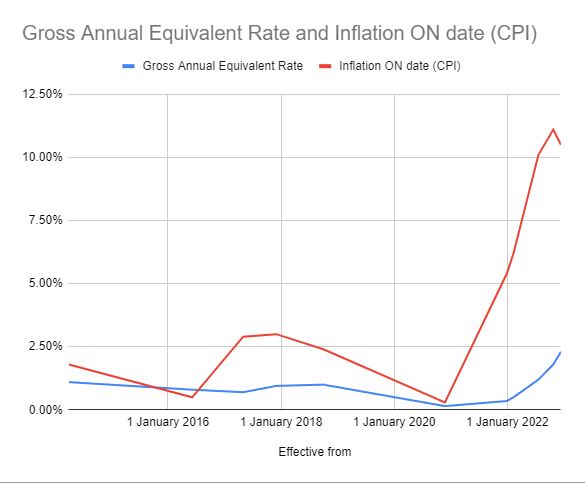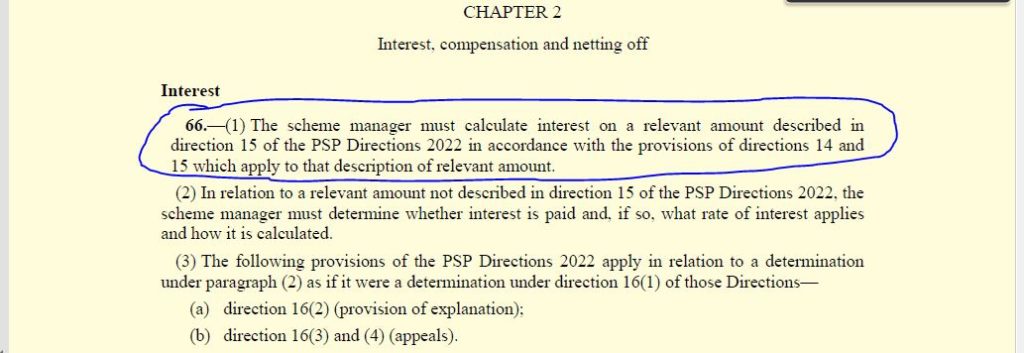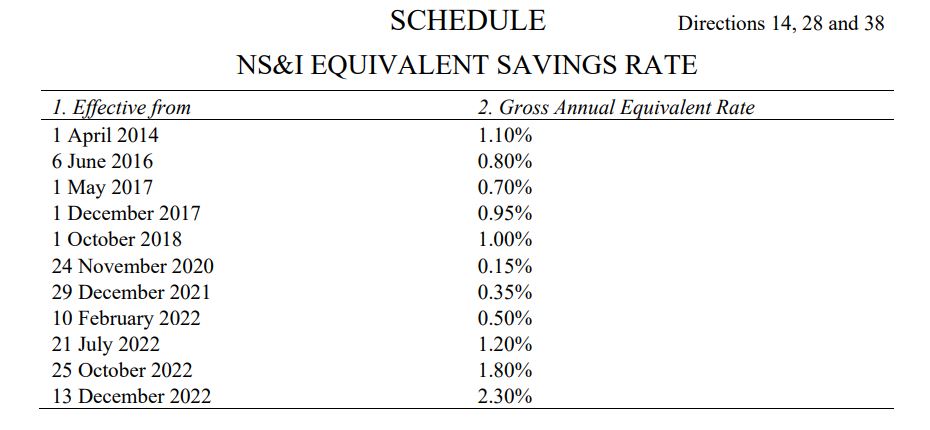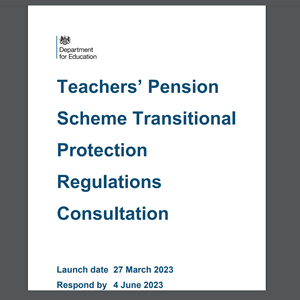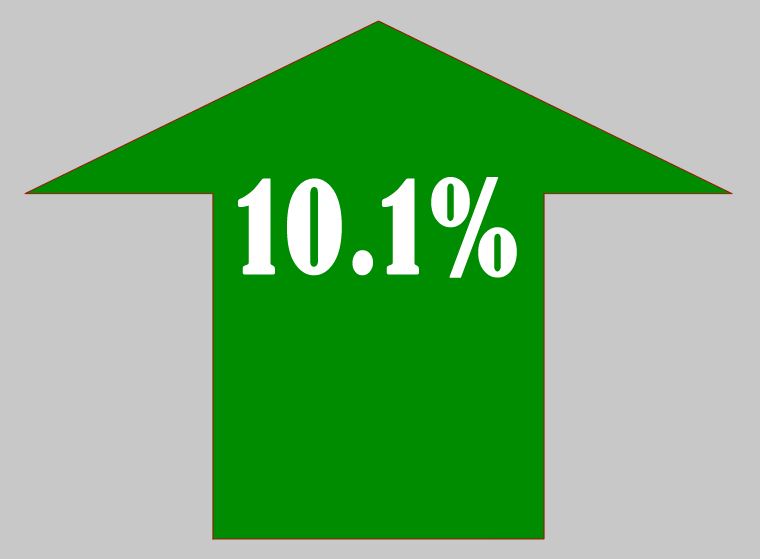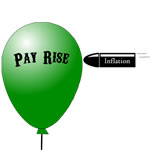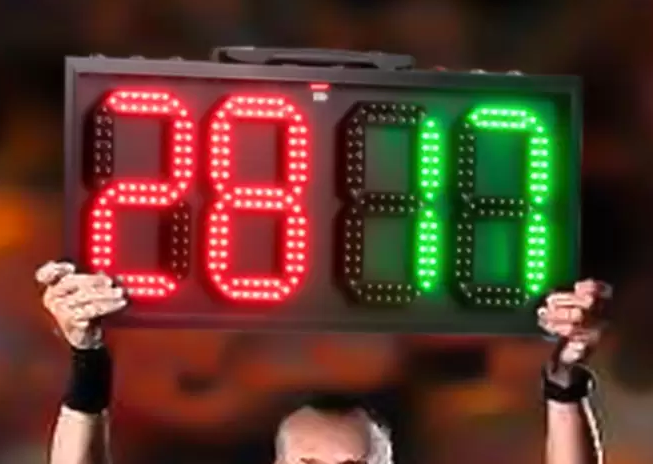The Government has concluded the consultation and their response can be found here: https://assets.publishing.service.gov.uk/government/uploads/system/uploads/attachment_data/file/1173440/Teachers_Pension_Scheme_transitional_protection_regulations_consultation_response_.pdf
Points I have picked up on so far:
51. For tapered members (born between April 1962 and September 1965) there is a small chance that both options will be worse than what they currently get. Whilst there is no option for them to retain their better, current, position because it was at the root of the illegal age discrimination case, the Government have indicated that no repayment of the amounts already paid should be required.
56. Hypothetical calculations should, from October, be in included in the benefit statement – re-titled to be an RSS (Remediable Service Statement). This has been one of my particular irritations with the current statement so I am glad to see it is being addressed as not having the correct figures on the statement doesn’t help members make informed choices.
60.
70. Opting in and out for different periods is to be permitted but there appears to be a greater emphasis placed on the member being able to demonstrate why they would have made these choice compared to those who wish to re-instate the whole period.
71. Applying for service re-instatement is going to be subject to a 12-month clock starting on 1 October 2023. This I still believe to be contrary to the primary legislation as I detailed in my response to the consultation. If you did opt out of the pension scheme because of the changes then you will need to submit your application before 1 October 2024 but it does then appear that they will give you a further 12 months to confirm your choice.
80. Retrospective option to buy additional pension in the final salary scheme.
83. Early Buy Out window re-opened. Normally you have to make this choice in the first 6 months of joining the scheme but this will be opened again, for affected members, from 1 October 2023.
134. Lump sum (the optional additional lump sum). On taking the pension members were able to “sell” some of their annual pension for an extra lump sum. If they decide to put 2015-2022 back into the final salary scheme they will be able to re-visit that choice. My personal opinion is that selling part of the pension to get the larger lump sum is poor value for money and this option gives those who made that choice the opportunity to reconsider. Given that many will have been in receipt of the pension for a number of years they may now see the value of the index-linked part of the pension they gave up in a clearer fashion.
